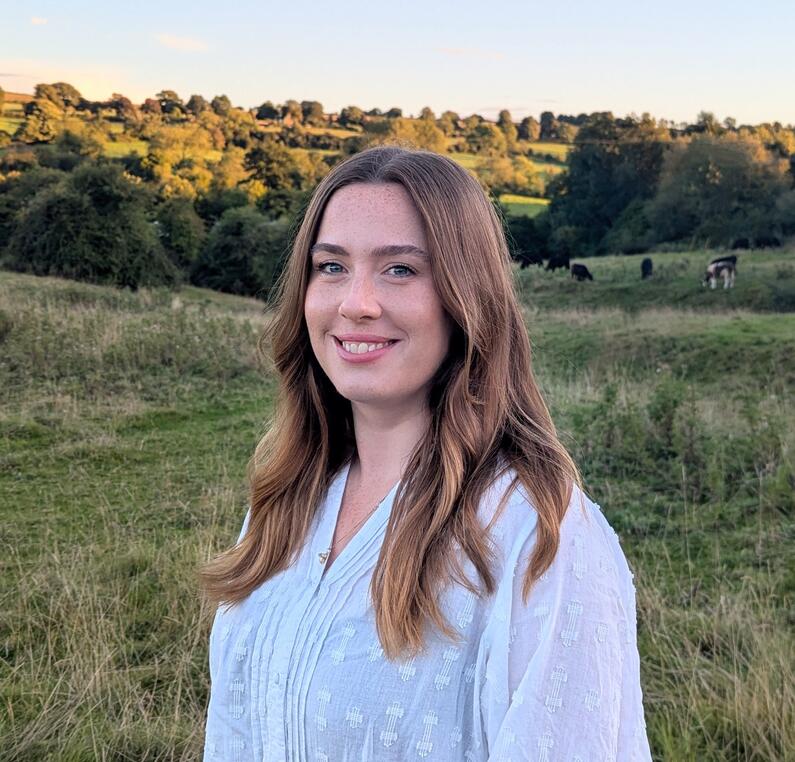
Laura James
Growing up in rural Worcestershire, and now living in the Cotswolds, a love of all things nature, led to my pursuit of a BSc in Biology at the University of Bath. There, I fell accidentally in love with agriculture working with insects on-farm during a placement year at the Game and Wildlife Conservation Trust. Subsequently, my love of pollinators led to a PhD studying the impacts of intensive agricultural practices on bumblebees at Rothamsted Research, including a secondment in Bangkok working for UNESCO Natural Sciences Department.
Post-university, I remained in the agricultural sector, working across academia and industry, in biopesticide R&D and then Environmental Safety. In my current role in the Sustainable Farming Research team at AHDB, I work across teams to design farmer-led research and engagement programs, ensuring the needs of farming businesses are at the core of what we do. The central tenant of my career to date has been supporting farmers to work with nature to maximize sustainable and profitable food production.
This led me to pursue my Nuffield Scholarship exploring the potential opportunities and barriers to Nature market engagement for UK farmers. I am incredibly grateful to the Worshipful Company of Farmers and Savills for their generous sponsorship of my project.
Pathways to Participation: Reducing Barriers for Farmers in Biodiversity Markets
Worshipful Company of Farmers

Study Overview
The need for climactic and financial resillience in British farming businesses has never been clearer. I’m eager to explore how we can leverage growing interest in investment in nature—both from within and beyond agriculture—to build environmental and economic resillience on farm. Could ‘Natural Capital’ markets fuel a sustainable farming transition for British agriculture? Biodiversity markets have the potential to put nature on the balance sheet across the agricultural supply chain but are still developing in the UK. Are they too good to be true? How will they develop over time? And what are the barriers to engagement for British farmers? These are just some of the questions we need to answer to design effective support structures that allow farmers to benefit fully from emerging market opportunities.